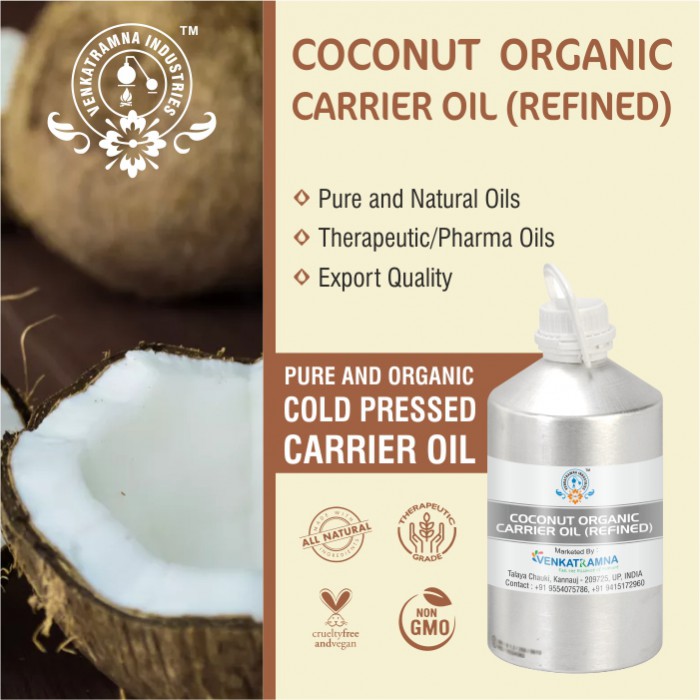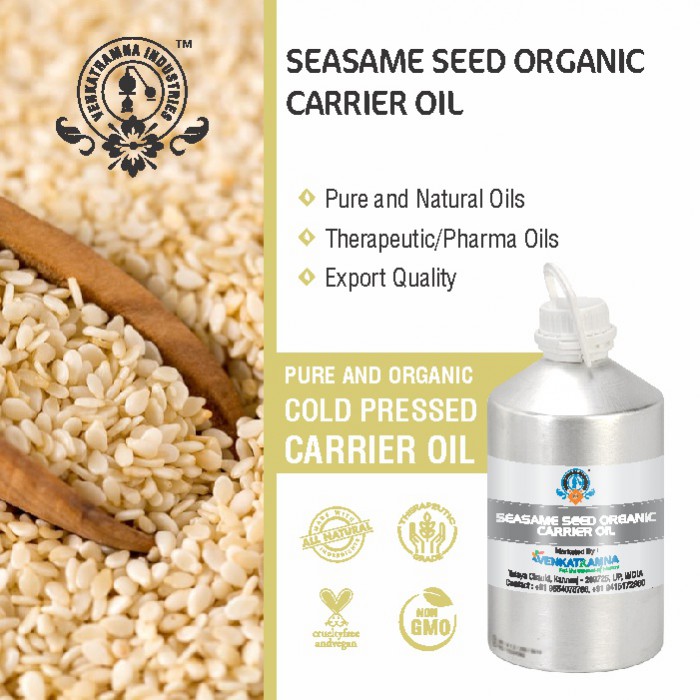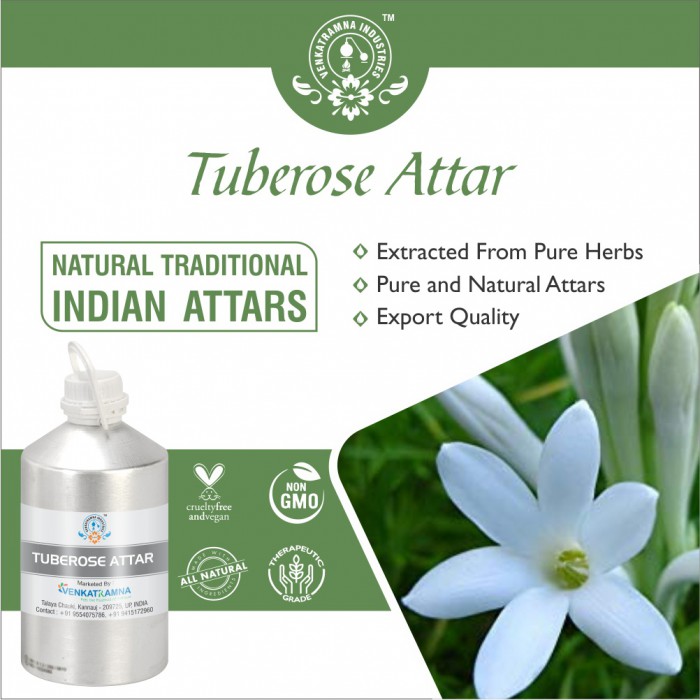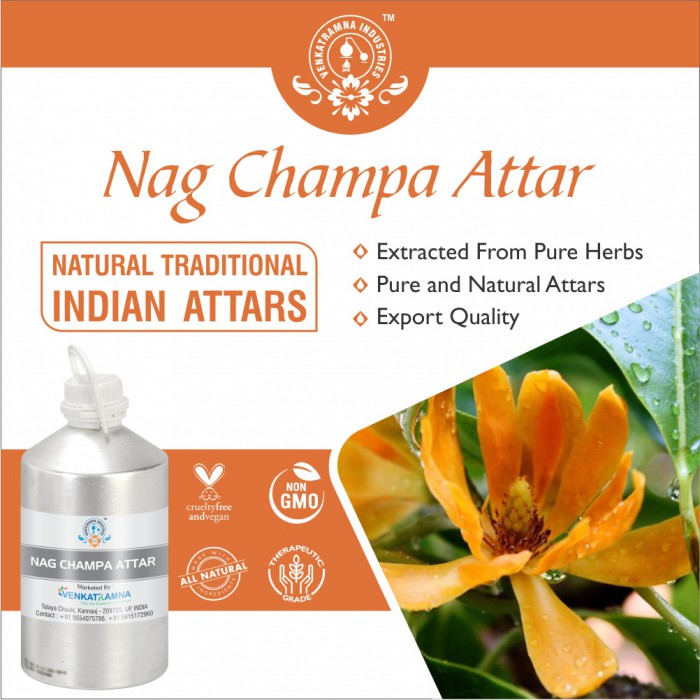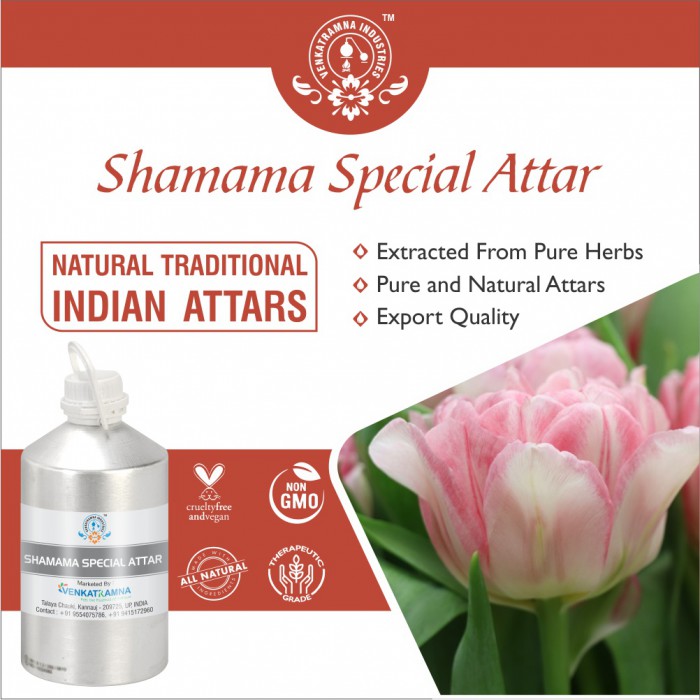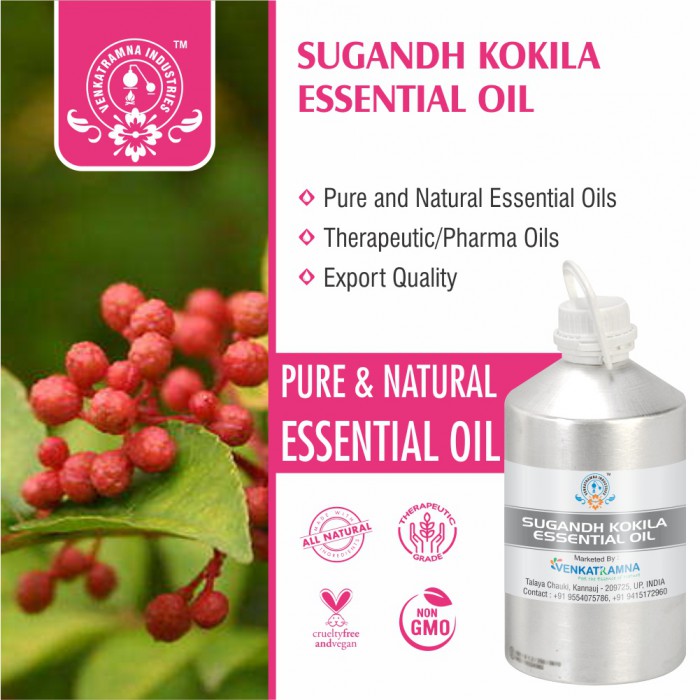Botanical Name: Artemisia scoparia Common name: Redstem wormwood Plan Read More
|
Botanical Name: |
Artemisia scoparia |
|
Common name: |
Redstem wormwood |
|
Plant family: |
Asteraceae |
|
Genus: |
Artemisia |
|
Appearance/Color: |
Dark Green with Medium Consistency. |
|
Odor: |
Spicy, Warm, Bitter. |
|
Blends With: |
Jasmine, Lavender, Oak Moss, and Orange. |
|
Origin |
China |
|
Source |
Leaves and flowering tops |
|
Method of
Extraction |
Steam Distillation |
Artemisia, one of the larger
genera in the family Asteraceae and the largest genus in the tribe Anthemideae,
comprises from 200 to more than 500 taxa at the specific or subspecific level.
Many Artemisia species have a high economic value in several fields, as food
plants and as anti-helminthic and antimalaria in medicine. The spectacular fact
about Wormwood is that it was used by Hippocrates, the ancient Greek Physician
and the father of western medicine. Many ancient monks and nuns used this
bitter herb in the form of an elixir for its detoxifying properties. The
English name wormwood may come from its traditional use as a vermifuge against
intestinal parasites. However, wormwood oil’s most famous use is in the
preparation of absinthe.
The Essential Oil of Wormwood is extracted by steam distillation of its leaves, twigs, and flowering tops and is chiefly composed of alpha thujone, beta thujone, geranyl propionate, linalyl acetate, myrcene, sabinene, trans sabinol, and trans sabinyl acetate.
DISCLAIMER
The complete range of conditions
or methods of use are beyond our control therefore we do not assume any
responsibility and expressly disclaim any liability for any use of this
product. Information contained herein is believed to be true and accurate however,
all statements or suggestions are made without warranty, expressed or implied,
regarding accuracy of the information, the hazards connected with the use of
the material or the results to be obtained from the use thereof. Compliance
with all applicable federal, state, and local laws and local regulations
remains the responsibility of the user.
The FDA has not evaluated the
statements on this website. No claims are made by Venkatramna Industries as to
the medicinal value of any products from vriaroma.com or by us. The information
presented here is for educating our customers about the traditional uses of
essential oils and is not intended to diagnose, treat, cure, or prevent any
disease. You are responsible for understanding the safe application of these products.
If you have any questions, please call or email us for further information.
As per NAHA guidelines, New Directions Aromatics
(NDA) does not recommend the ingestion of essential oils. It is imperative to
consult a medical practitioner before using Essential Oils for therapeutic
purposes. Pregnant and nursing women and those taking prescription drugs are
especially advised not to use this product without the medical advice of a
physician. The oil should always be stored in an area that is inaccessible to
children, especially those under the age of 7.
The wormwood plant has a long
history in folk medicine, and is best known as the key ingredient in the
intoxicating drink absinthe, long consumed by artists because they believed it
stimulated creativity. Scientific research also shows that wormwood can even
kills cancer cells. It can also be used to treat anorexia, insomnia, anemia, a
lack of appetite, flatulence, stomach aches, jaundice and indigestion. Wormwood
herb is used in alcoholic beverages.
COMMON USAGE
·
Eliminate odor
·
Promotes digestion
·
Acts as an emmenagogue
·
Prevents microbial infections
·
Effective insecticide
·
Relieves nervous afflictions
·
Kills intestinal worms
·
Acts as a tonic
Ingredients:
|
S.No |
Key Constituents |
Strength (%) |
|
1 |
a-thujone |
63.3 |
|
2 |
Sabinene |
7.8 |
|
3 |
1,8-cineole |
6.5 |
|
4 |
Germacrene D |
2.2 |
|
5 |
Terpinen-4-ol |
1.1 |
|
6 |
b-caryophyllene |
1.0 |
Safety Summary
·
Hazards Expected to be neurotoxic, based
on thujone content.
·
Contraindications Should not be taken in
oral doses.
·
Contraindications (all route) Pregnancy,
breastfeeding.
·
Maximum dermal use level 0.4%
Organ Specific Effects
·
Adverse skin reaction No information
found.
·
Cardiovascular effects No information
found.
Systemic Effects
·
Acute toxicity: No information found.
·
Carcinogenic/anticarcinogenic potential No
information found.
·
Antioxidant/pro-oxidant activity No
information found.
·
Info summery of Ecological Information Balance
of data on substance, not determined.
·
Eco toxicological properties of specific
substances
Toxicity Acute fish toxicity: LC50 / 96 HOUR – No data
available
Toxicity to aquatic plants – No data available
Toxicity to microorganisms – No data available
Toxicity threshold – No data available
·
Persistence and degradability Biodegradation is
expected
·
Bio-accumulative potential Bioaccumulation is
unlikely
·
Mobility in soil Unknown
·
Other adverse effect Avoid exposure to marine
environments and waterways


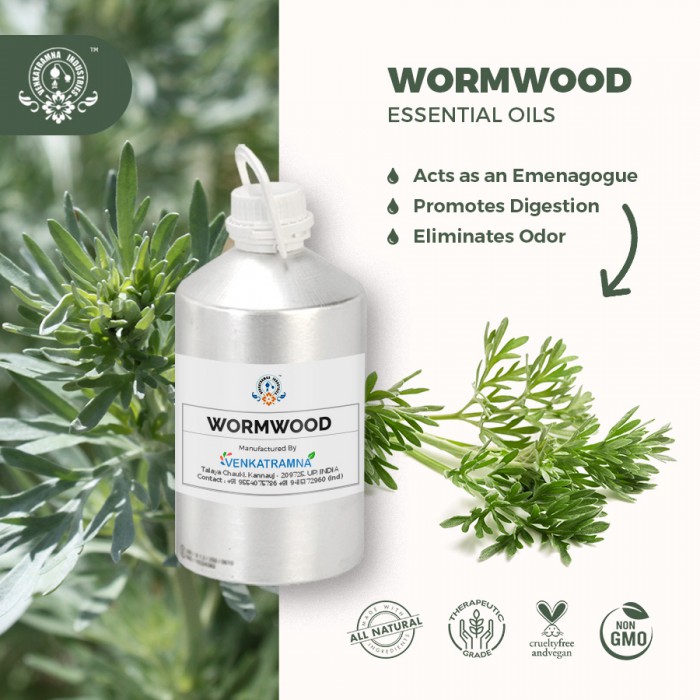
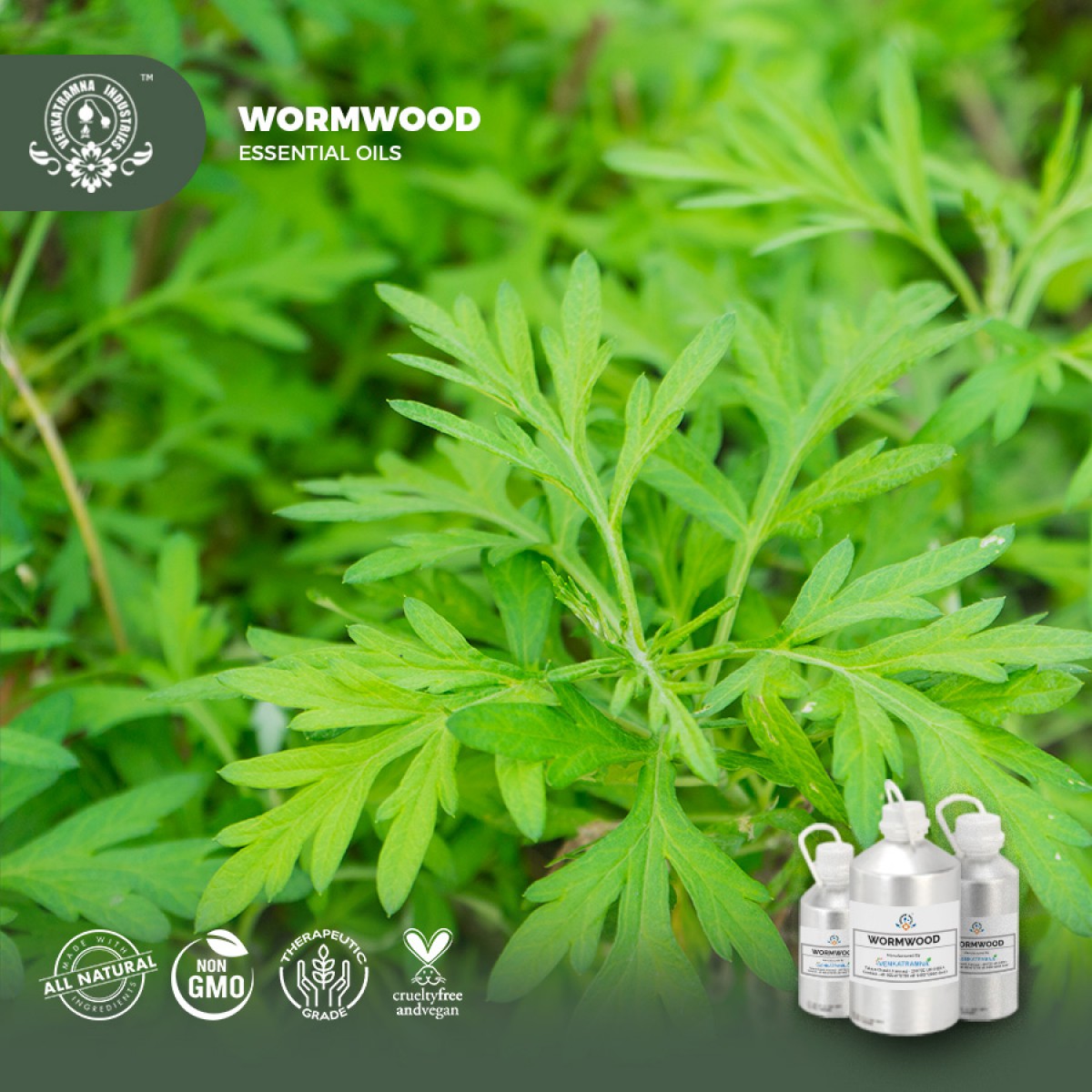
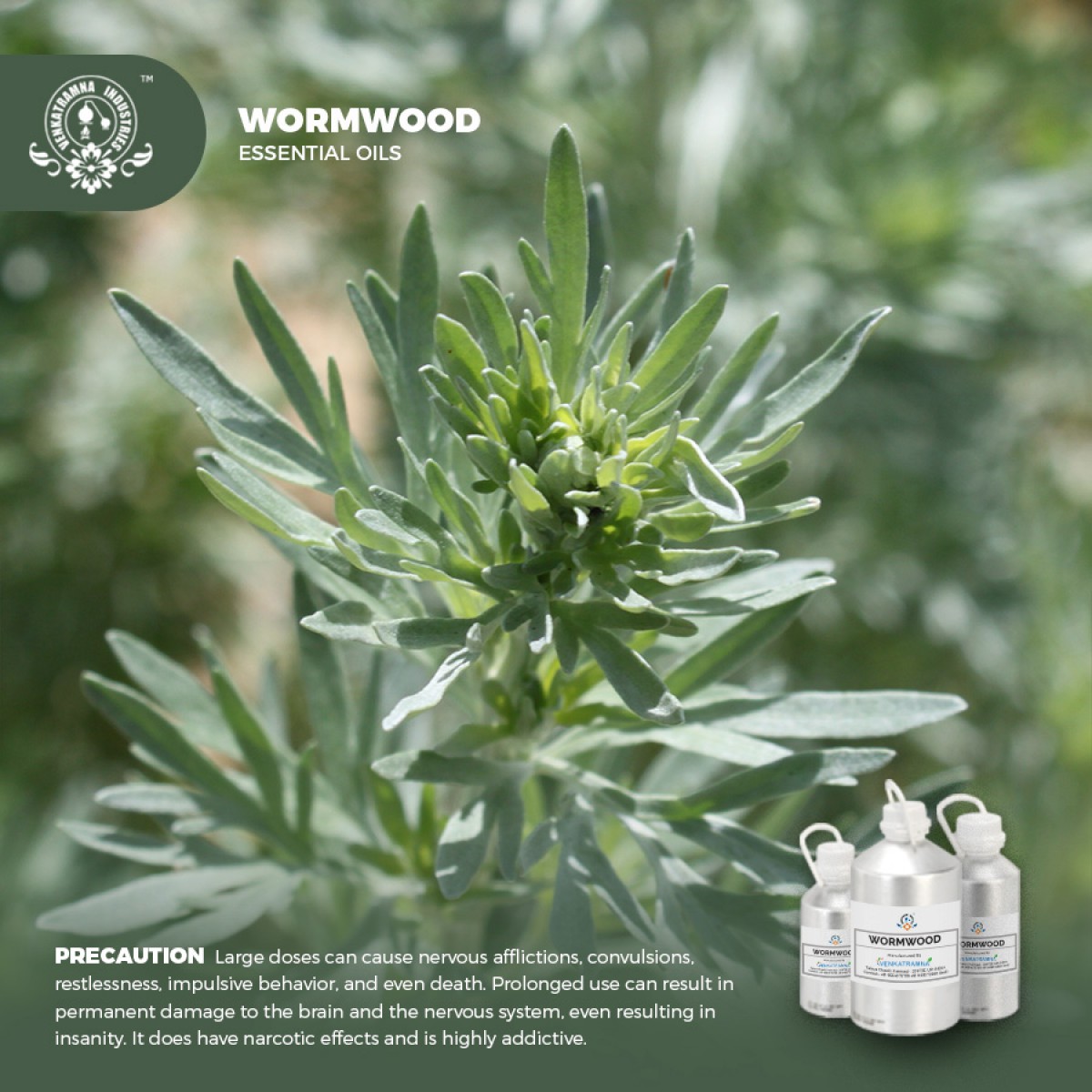
 MSDS-Wormwood.pdf
MSDS-Wormwood.pdf